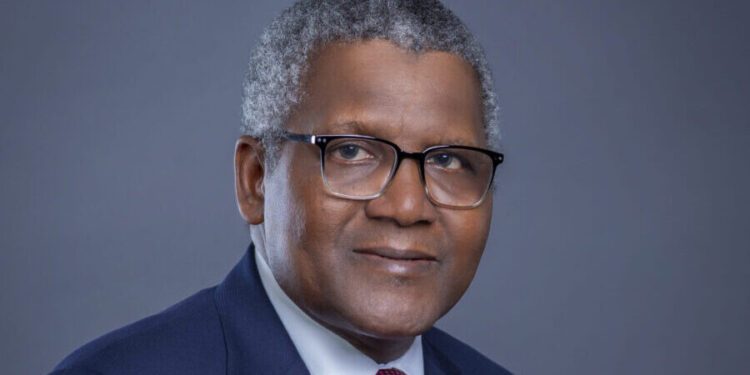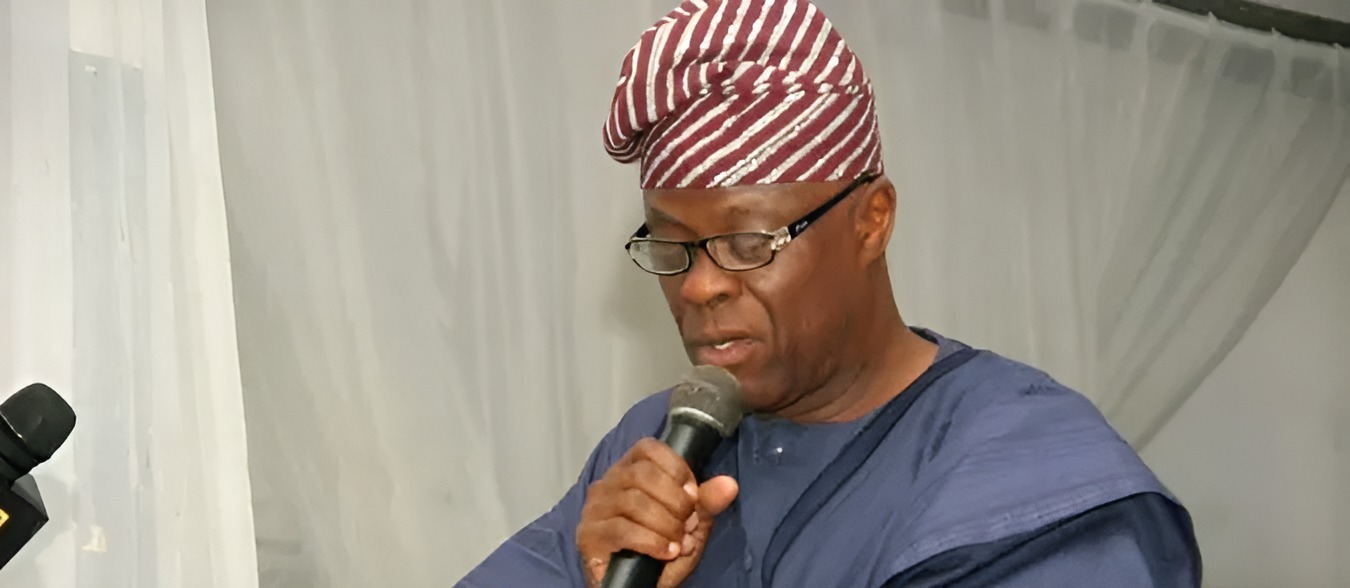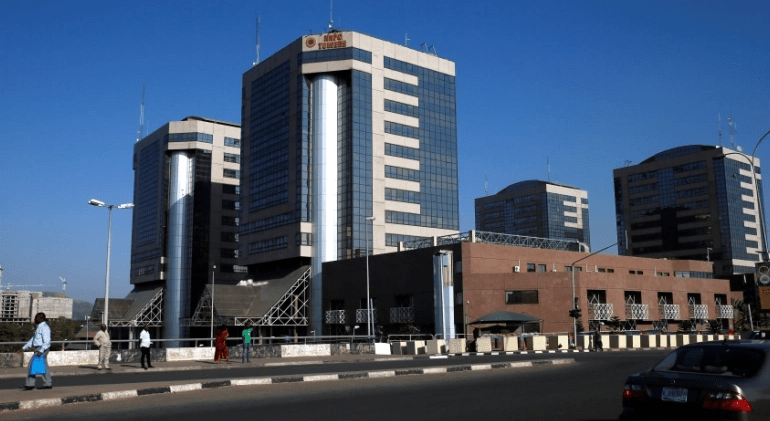With a new regime for Cocoa trade in Nigeria and other part of the world, Olasunkanmi Owoyemi, a young entrepreneur, appears to be changing the game through his Sunbeth’s agribusiness institution. RaheemAkingbolu reports.
Long before the headlines, and the $700 million valuation or the rows of export-ready cocoa beans lined up for inspection, there was a silence. The kind that makes a man question his place in a system he thought he understood. In that silence, farmers waited; not for the rain, or the harvest, but for payment that never came. Their cocoa had been collected, weighed, and shipped. But days passed. Then weeks. The exporter who had promised swift settlement was nowhere to be found.
Caught in the middle was Olasunkanmi Owoyemi, barely in his twenties, standing on the shoulders of men who had trusted his word. It was not the first delayed payment they had endured. But this one felt different. There were no excuses left. No calls returned. No funds in transit. Just the heavy, familiar quiet of disappointment that generations of smallholder farmers in Nigeria understand all too well.
That moment did not break him. It shaped him.
What Owoyemi understood in that silence was not just the fragility of the cocoa trade. It was the absence of structure, the absence of a functioning system. Rather than turn away, he began to build one. Today, that decision has grown into Sunbeth’s agribusiness institution, with operations spanning commodity aggregation, processing, logistics, export, and a credit system set to reshape how Nigerian farmers access the tools they need to grow.
When Owoyemi founded the company in 2017, he started with a N500 million bank guarantee and a mandate to trade. The model was simple: buy cocoa at scale, meet export quotas, move fast. While competitors raced towards volume, Owoyemi invested in structure, documentation, risk controls, and internal standards that banks noticed and farmers respected.
Having grown up learning business under the watchful mentorship of his father at Sunny Owo Ventures, he had absorbed the importance of structure early. By the time he secured his first export loan from Fidelity Bank Plc, he was laying the foundation for what would become a reputable model.
Within five years, Sunbeth had evolved beyond a trading outfit. Processing came next, not as an expansion, but as a form of control. Cocoa quality fluctuates wildly when handled by too many hands. By investing in processing, Sunbeth could standardise output, reduce post-harvest losses, and comply with the increasingly complex specifications of international buyers. Logistics followed, then direct export relationships with top chocolate manufacturers.
By 2023, Sunbeth was exporting over 150,000 metric tonnes of cocoa, commanding more than 15% of Nigeria’s export market. But scale brought a new kind of visibility, and with it, a deeper sense of responsibility. The numbers were growing, but the farmers were not. Productivity at the base of the chain remained stagnant. Input access was still sporadic. Most farmers still planted with guesswork and borrowed with fear. Growth, for them, was still a gamble.
That realisation led to Owoyemi’s most ambitious project yet: the Agric Input Bank.
Launched in 2024, the Input Bank is a bet on what Nigerian farmers can achieve with structured support. It is not just a model that distributes fertilisers and seedlings. It is a closed-loop ecosystem that matches verified farmers with inputs, credit, and extension support, all tracked through a digital backbone designed to minimise waste and monitor performance. In essence, it is a private-sector operating system for agricultural production.
The concept is simple but effective: instead of scattering support across siloed government programmes or fragmented donor efforts, the Input Bank centralises it, tying access to clear data, real-time activity, and repayment plans that align with seasonal realities. There are no handouts. No ambiguity. This is a system that views farmers not as beneficiaries, but as business partners in production, and early pilots have shown promise.
For Owoyemi, structure is a form of dignity. The ability to plan. The confidence to grow. The relief of knowing that systems, not favours, determine your success. His leadership also reflects that mindset, and at just 30, he is part of a new generation of African entrepreneurs tackling back-end reform. Under a clear 2028 roadmap, Sunbeth Global Concepts (SGC) will deepen its support for origin producers through financing, education, and technology.
Sunbeth Shipping will handle logistics across markets, ensuring speed and reliability. And SFI (Sunbeth Finance & International) will anchor the global front, securing buyers, financing, and partnerships across Europe, Asia, and the Americas.
Together, they form a closed-loop system designed to make agriculture work practically. Because the truth is, agriculture’s primary problem in Nigeria is not effort but structure. And if Sunbeth succeeds, it will not just transform the cocoa or farming industries; it will redefine what it means to build in Nigeria.
The post Redefining the Cocoa Trade and Nigerian Agriculture appeared first on THISDAYLIVE.




